Rebellion Frederick Douglass
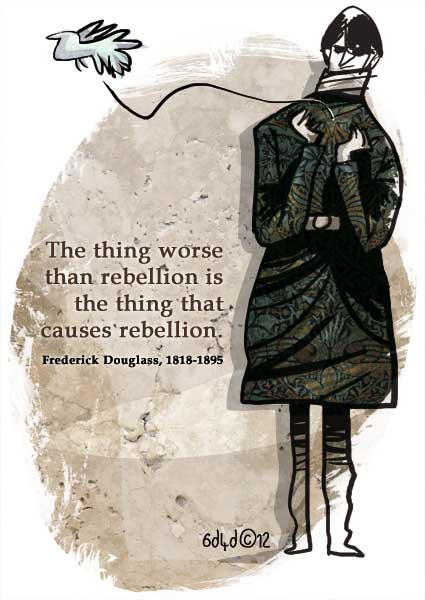
“”The thing worse than rebellion is the thing that causes rebellion».
Frederick Douglass, 1818-1895

“”The thing worse than rebellion is the thing that causes rebellion».
Frederick Douglass, 1818-1895

«How come that the stock of honey and royal jelly is not eating? And what’s that boycott of our products? No, I will not bring down prices because those stupid bees do not have a petal in the pocket, we owe it to our our stockholders, for pollen saint!»

-«Today, November 14, 2012, I’m not going to comb!»
-«Neither do I!»
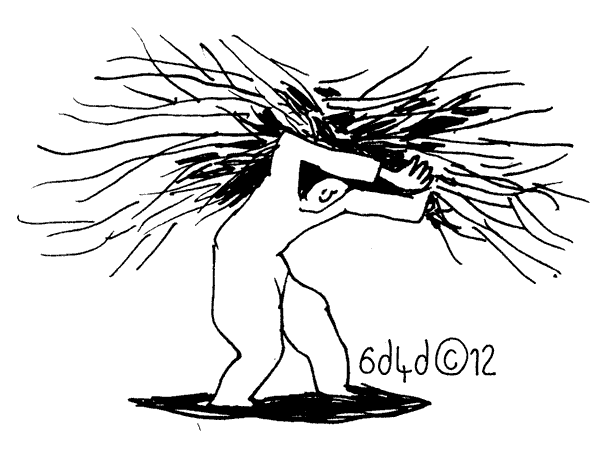
The Jacquerie was a popular revolt in late medieval Europe by peasants that took place in northern France in the summer of 1358, during the Hundred Years’ War.[1] The revolt, which was violently suppressed after a few weeks of violence, centered in the Oise valley north of Paris. This rebellion became known as the Jacquerie because the nobles derided peasants as «Jacques» or «Jacques Bonhomme» for their padded surplice called «jacque».[2] Their revolutionary leader Guillaume Cale was referred to by the aristocratic chronicler Froissart as Jacques Bonhomme («Jack Goodfellow») or Callet. The word jacquerie became synonymous with peasant uprisings in general in both English and French.

«Life was always a matter of waiting
for the right moment to act».
(Paulo Coelho, 1947)
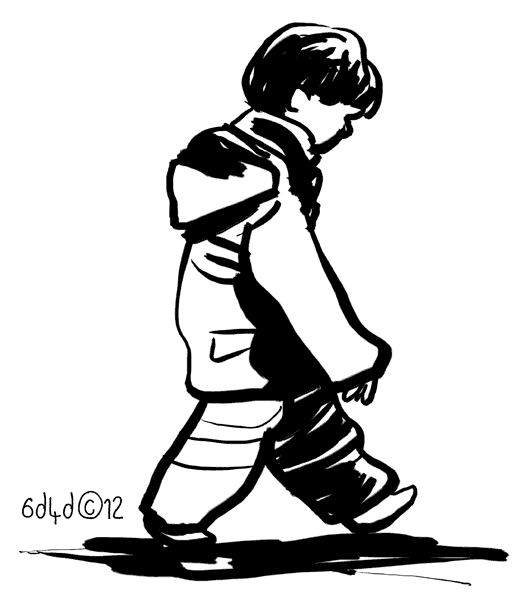
“Hope is a waking dream.”
Aristotle, 384 BC – 322 BC
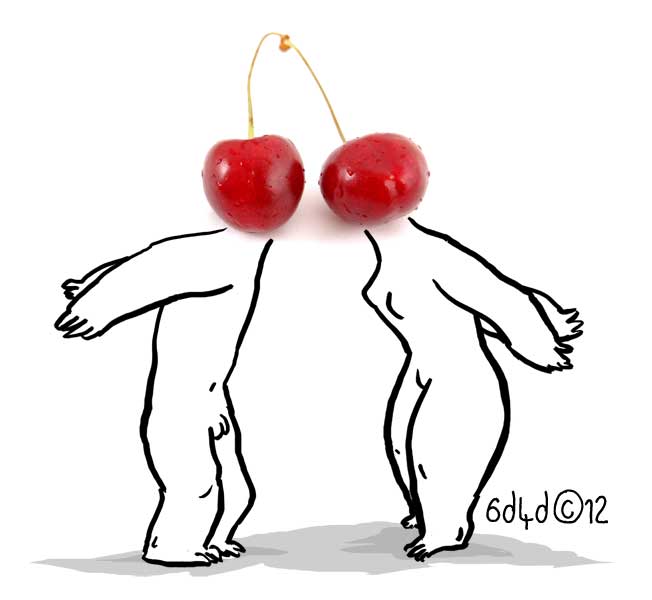
Two cherries in love seem happy together,
united by that fragile tail.
2 cerezas enamoradas, que felices parecen estar juntas,
unidas por ese frágil rabito.
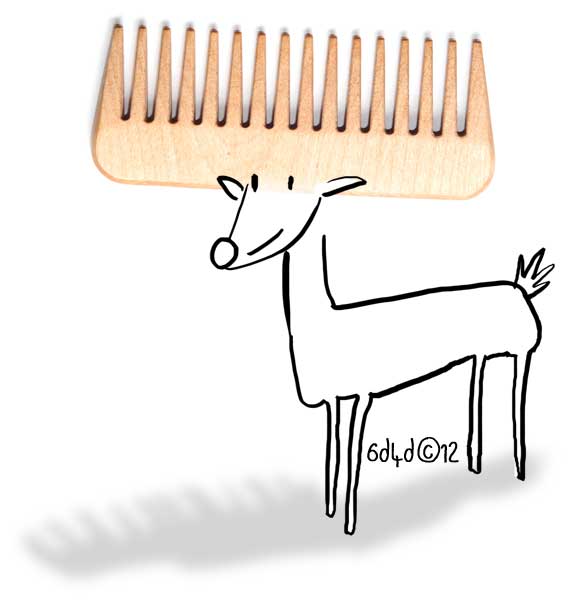
Rudolph the red-nosed reindeer, happy and nervous in equal parts by the proximity of Christmas, shows us proud, its fantastic antlers.
Rudolph el reno de la nariz roja, feliz y nervioso a partes iguales por la proximidad de la Navidad, nos muestra, orgulloso, su fantástica cornamenta.
